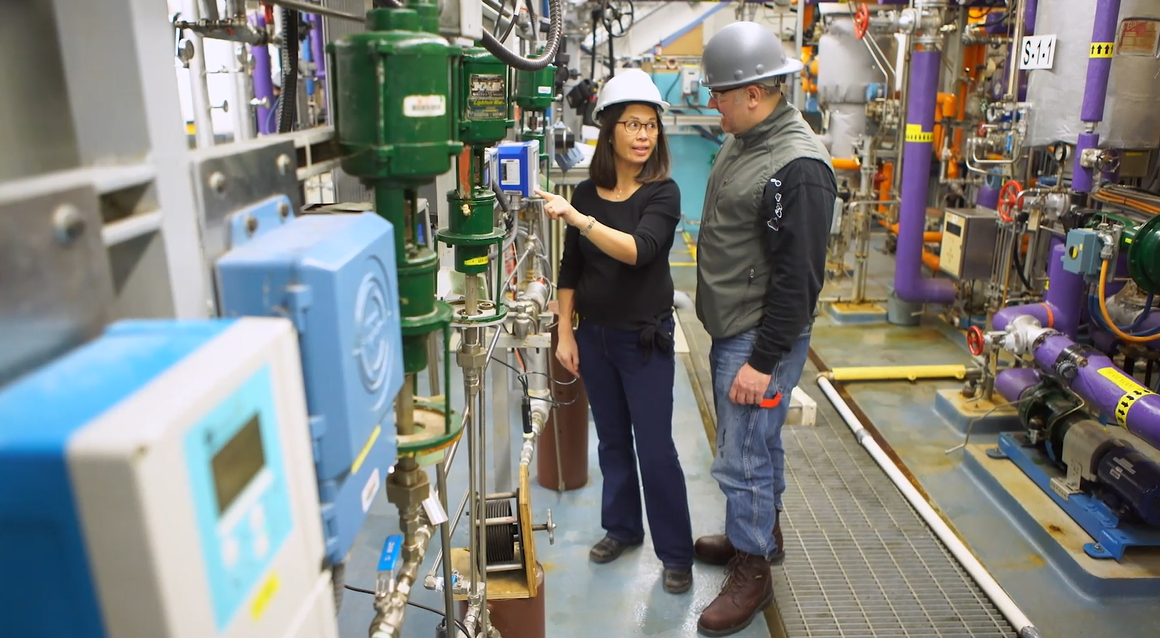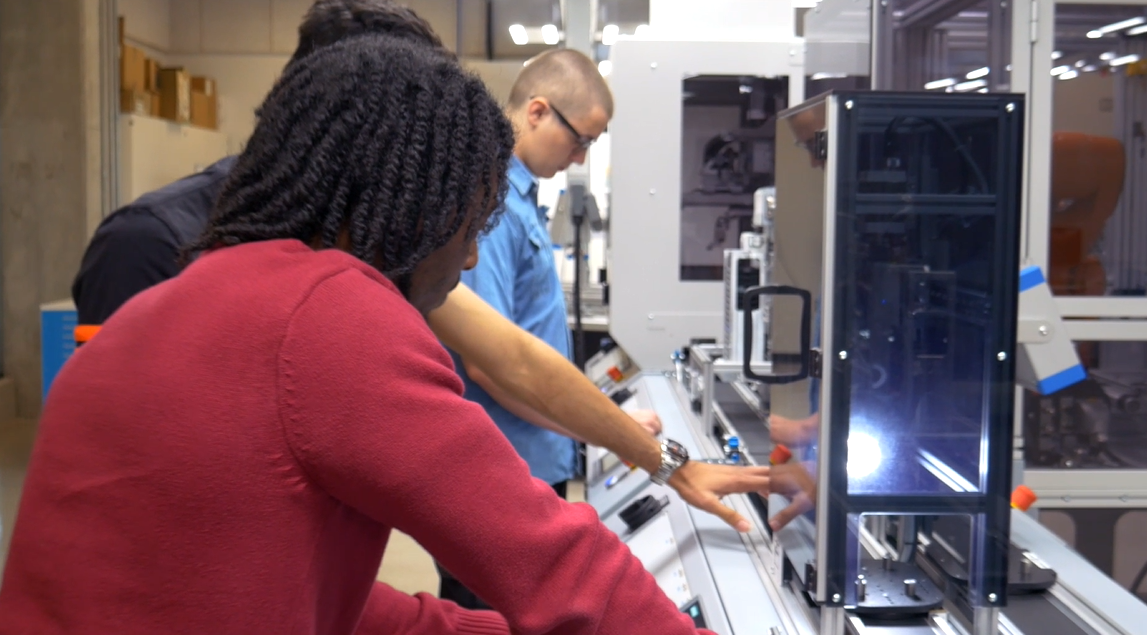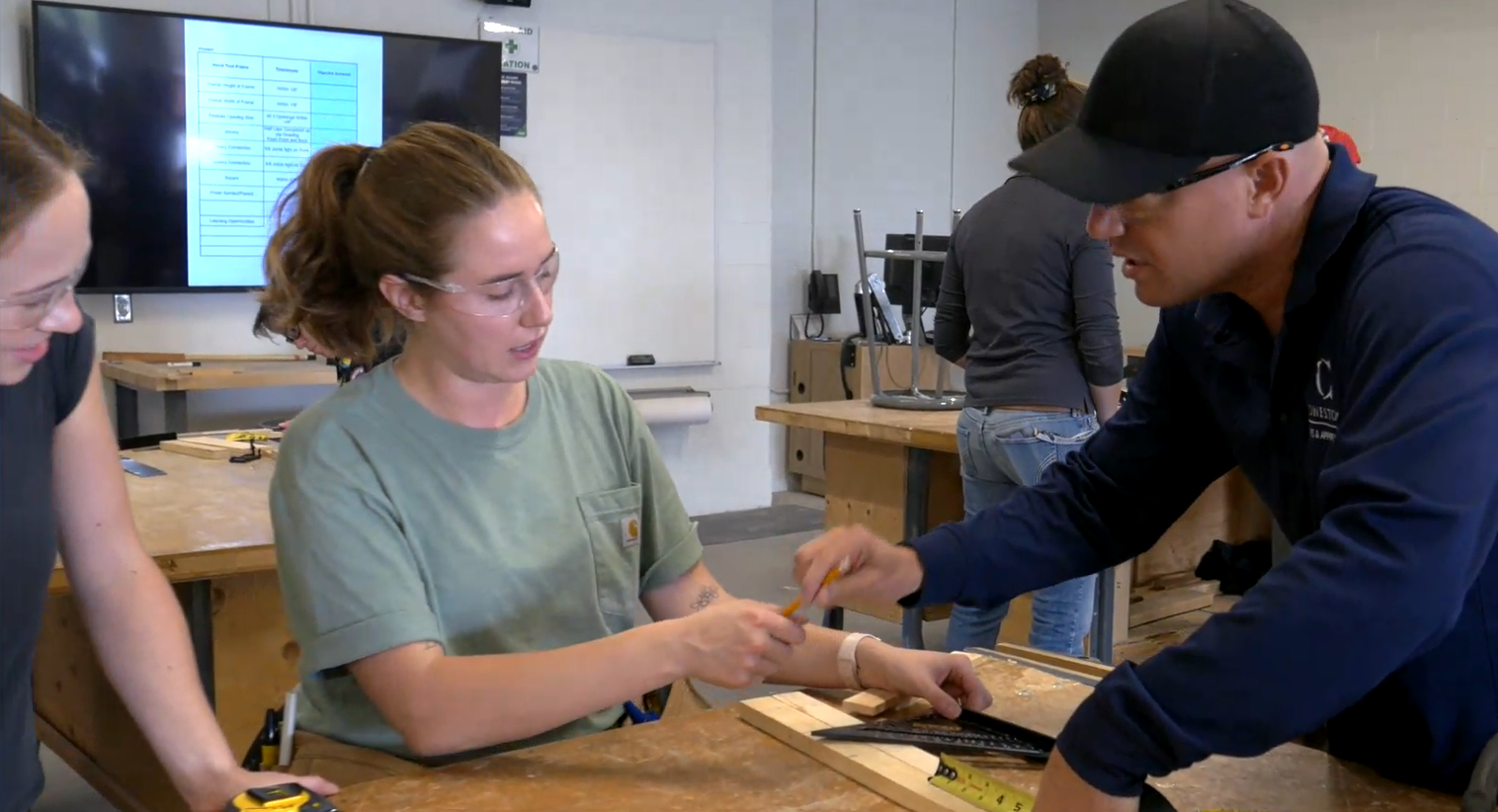Humber Polytechnic
Building an Innovation-Enabled Talent Pipeline
Canada must ramp up skills for the AI revolution or risk falling behind
Like it or not, the age of artificial intelligence (AI) is upon us. While Canada has every reason to be ahead of the implementation curve, with a highly educated workforce and excellent access to cutting-edge tech, history suggests Canada will be well behind on the path to AI adoption.
How do we break the cycle and become technology leaders?
Read More > “Canada must ramp up skills for the AI revolution or risk falling behind”
Kwantlen Polytechnic University
Creating a More Sustainable Agriculture Sector
2023 in Review: Navigating Canada’s Challenges
As another year comes to an end, it’s time to reflect and set goals for 2024. At Polytechnics Canada, part of this effort will include re-dedicating ourselves to addressing longstanding challenges like climate change, diversity and inclusion, lagging business productivity and skills shortages in critical occupations – areas where it is clear that polytechnic education is already making important contributions.
Here are just a few examples of the significant impact of our members in 2023:
Read More > “2023 in Review: Navigating Canada’s Challenges”
Adopting clean technology is a skills issue
The urgency of climate change action is no longer theoretical. Worldwide, fires, floods and extreme heat have made it clear that we have a major global challenge on our hands.
Among the solutions, Canada should be all-in on clean technology adoption. While renewables are increasingly viable and tax levers have proven to influence company and consumer behaviour, clean tech offers immediate-term benefits that are critical to achieving climate wins.
Conestoga College
Training the Next Generation of Skilled Tradespeople
Humber College uses digital twins to make buildings smarter
On a scorching summer day at Toronto’s Humber College, a smart system precools buildings in the early morning to avoid the afternoon spike in electrical rates at peak demand time. Another system turns on lights in rooms only when people are using them. And when the weather is cold, heat pumps have learned to redirect heat from crowded spaces on campus to other buildings that can use some warming.
Since 2014, Humber College facilities have grown by 25 per cent, yet the school’s use of smart controls as well as energy-efficiency initiatives and retrofits has reduced energy use per square foot by more than 20 per cent.
Read More > “Humber College uses digital twins to make buildings smarter”
Submission for the Pre-Budget Consultations in Advance of the 2024 Federal Budget
Key recommendations include:
- Modernize Canada’s academic research and development system with more flexible funding mechanisms that fully utilize capacity across the post-secondary research ecosystem
- Create a dedicated Tri-Agency funding allocation for Indigenous-led applied research
- Relaunch a $3.5 billion post-secondary infrastructure program that enables institutions to invest in green infrastructure and ensure campuses meet sustainability standards
- Establish a $25 million per year training equipment fund for Canada’s hands-on learning institutions to support skills development for a rapidly evolving labour market
- Restructure the Canada Training Benefit to increase awareness, navigation and upfront financial supports for workers
- Establish permanent baseline funding for the Student Work Placement Program, with additional investments designed to address the lingering impact of the pandemic on Canada’s youth







